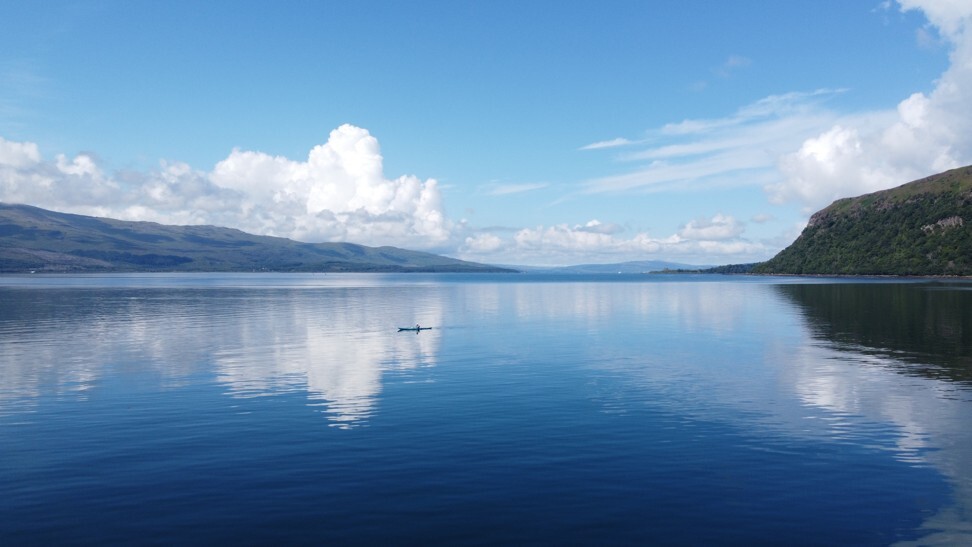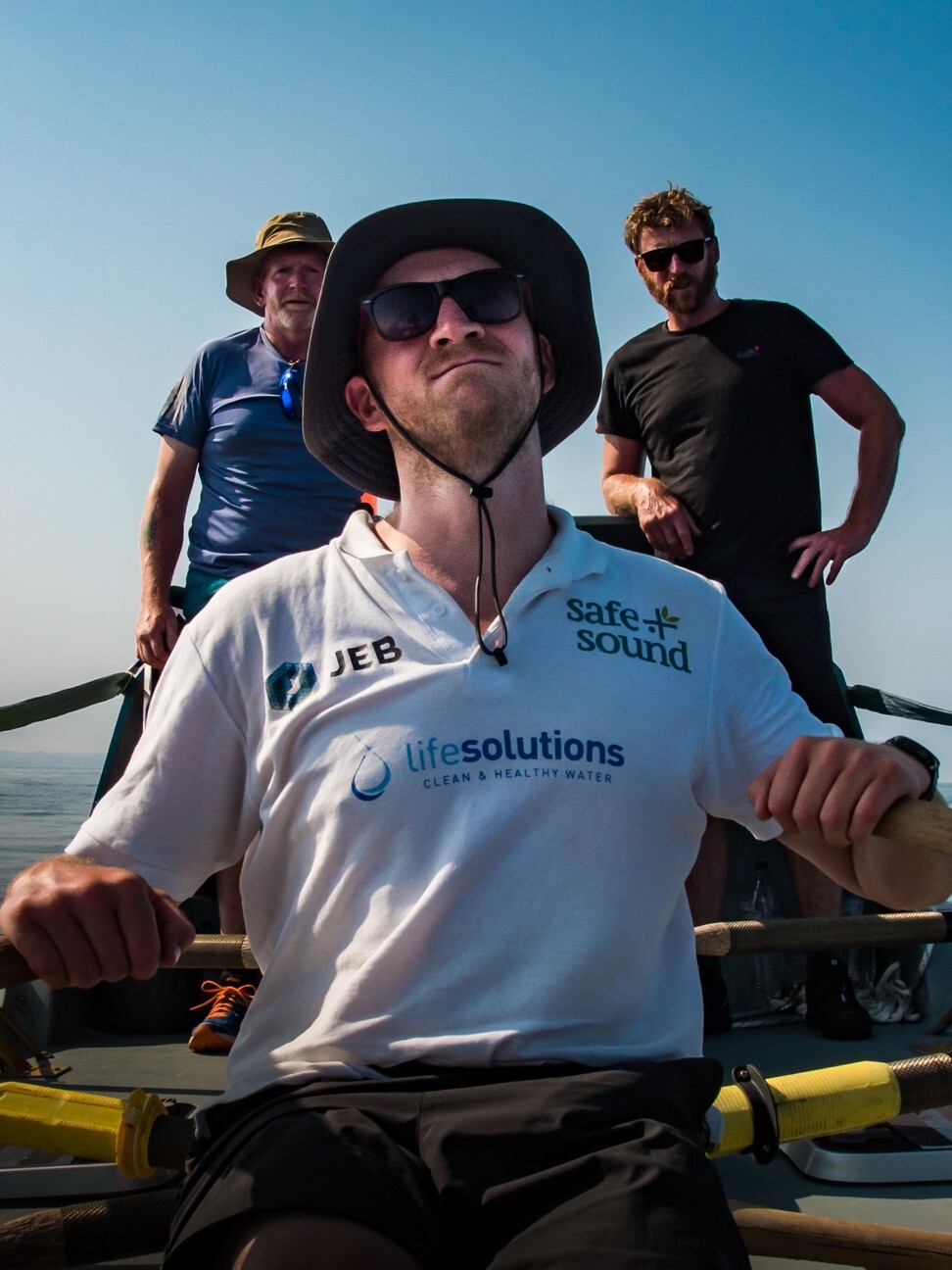
Finding joy in an aimless adventure is the remedy for ‘destination addiction’
- Focusing on a finish line or specific outcome is a recipe for a life unfulfilled as you miss the experience itself
- An expedition without a particular goal is practice for letting go of the outcome to enjoy the adventure in the moment
Casting off by kayak from Oban, Scotland, my partner and I did not know where we were going – and it was liberating. The pair of us had started with a vague, overly ambitious idea of kayaking 700km to the Outer Hebrides and back, but settled on rounding the west of Mull and across to its more famous cousin Skye.
As we rounded Mull it far surpassed our expectations in terms of beauty and wilderness. Huge sea cliffs towered over us and pristine white beach after pristine white beach appeared around each headland. Contrasting weather on each day added to the variety – one day we had flat seas and clear blue water. The next day we were battling headwinds as waves spilled over our kayaks.
As Paul Loudon and I stared across to Skye from Mull, we decided we did not want to waste precious days on open water crossings when Mull had so much more to offer. We changed our plans on a whim, and circumnavigated Mull instead. Our trip was far shorter, and the route was completely different, from our original plan.
But who cares? Our goal was not a particular distance, destination, speed or world record. It was just to have an adventure and have fun. Our goal was very much achieved.
This is the joy of aimless adventure. The pleasure is entirely in the journey itself and not the outcome.
It is always tempting to announce a specific aim, especially with the pressure of social media and the need to find sponsors – particular crossings, a peak, would-be world records and world firsts, winners of this and that.
Is BBC drama ‘The Terror’ a true story of Northwest Passage exploration?
This is a recipe for unhappiness. Happiness is ultimately a state, not an outcome. If your happiness is tied to a specific destination, you will find the horizon moves away as you move towards it.
Dr Robert Holden, British psychologist and author of Authentic Success, calls this “destination addiction”.
“We have always to get to somewhere else first before we can relax and before we can savour the moment,” writes Holden on his website. “But we never get there. There is no point of arrival. We are permanently dissatisfied. The feeling of success is continually deferred.”

When we set off on our kayak we had little but our tents, enough Expedition Foods for a month and a Voltaic Systems solar panel to keep our phones charged for navigation and safety. We achieved nothing of significance and had the time of our lives.
That is not to say you should dispense with goals altogether. Achieving a goal can be very rewarding. But putting all your hope on the outcome is risky.
Next summer, a team and I are attempting to be the first people to row the Northwest Passage in a single summer. The Arctic route that links the Atlantic and the Pacific is opening up for longer each year as the ice melts, and we want to highlight the issues by passing through by human power alone. From the outside, it has a binary outcome – make it through the Northwest Passage and we succeed, or don’t and we fail.

But I will enter with the mindset that I am there for an adventure. Many factors, such as the ice conditions, are out of our control and may cut the expedition short. With this attitude, I will be happy with the experience not the outcome.
As with all mindsets, it takes practice. The Mull kayak allowed me to practice letting go of the outcome, and enjoying the moment. Knowing it in theory is easy, but training yourself to enjoy the moment is necessary. It will not happen overnight.

Only now as I complete a mounting list of adventures with no goal, I learn to take pleasure from the experiences themselves.
Fail to acknowledge the moment in lieu of the outcome and you will “suffer, literally, from the pursuit of happiness,” writes Holden.
Set yourself specific and lofty goals and give it your all to achieve them. But do not place your idea of success entirely on the goal’s completion. Learn to love the process and remember: learning anything takes time and practice. So get out their and practice with totally and utterly aimless adventures.

